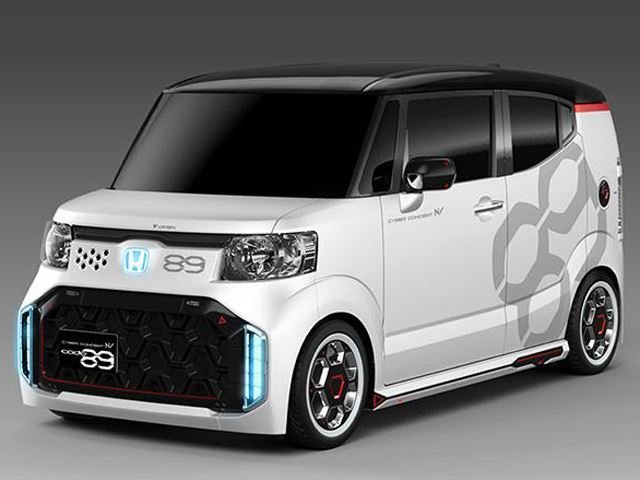The Land of the Rising Sun is a perfect embodiment of the underdog story. Japan’s auto industry began as a tiny spark that has ignited to make the country one of the largest auto manufacturers on the planet. Like the samurai warrior, Japan’s auto industry had humble roots and has defeated the competition through cutthroat reliability and for-the-masses appeal.


The Japanese value fluidity and harmony, but paradoxically this harmony is reached achieved via a structured and organized culture. Westerners may find it strange to see desks in a classroom or an office ordered by who is older, but this is completely normal to the Japanese. Embodying this is the Nissan GT-R. The literal miles of wire within the car allow computers to control every possible function while the 3.8-liter V6 works in concert with two turbochargers to rocket drivers forward. This all for one and one for all mentality translates to supercar-beating performance and on-road driving bliss. Like most other Japanese cars, the Nissan GT-R is a superb offering at the fraction of the cost of its competitors.


A harmonized culture tends to be very reliable and can get almost anything done. The Toyota Corolla is a good representation of this because it stands as one of the most bulletproof offerings there is. No-nonsense practicality, reliability, and a low price have allowed it to crack the code of mainstream popularity and become the world’s most popular car. Enthusiasts love a car with attitude, but the majority of the world just needs an appliance that will start every morning and get to work without a hitch, which is basically the Corolla in a nutshell. Plenty of other countries build great cars, but the simplistic approach and ironclad engineering of the Corolla has kept it at the top for years.


It’s tough for the third largest economy in the world to fit on an island, but the Japanese have gotten around this by becoming masters of miniaturization. This need for tiny things is represented in the Kei car. Kei cars aren’t well known to Westerners, but the Japanese auto industry owes its life to them. These small boxes are designed to be cheap and practical. They rose to prominence after World War II when Japan was trying to motorize its population. The government regulates Kei cars based on size and the displacement of the engine as these little guys qualify for tax and insurance benefits. As a result, Kei cars have become a test bed for technology like forced induction, CVTs, and more.


Low weight, brutal simplicity, and low cost have been the winning characteristics that define the Mazda MX-5 Miata. Other sports cars can make a driver smile, but the Miata proved that it could be done with minimal materials, technology, mass, and, most importantly, on the cheap. Western cultures value class, but Japan likes to think of itself as a relatively classless society. In Japan, leather goods and a large house aren’t the determinants of success. What proves a person’s worth is their level of education. The Mazda MX-5 Miata is a perfect example of this. The small car is just as well-versed in translating tarmac to a driver’s five senses as any AMG Mercedes. Even though it lacks the refinement and size of its competitors the MX-5 is just as smart.


When the centralized powers in Japan tried to remove the individualized identities of local regions in favor of establishing a single national identity, many resisted. Within these rebel towns homes were filled with locally made furniture, kitchenware, and more to proudly show off their village. The Subaru WRX STI retains this rebellious attitude. While many automakers strive to make cars with the identity of an appliance in an effort to copy the Corolla’s success, Subaru is still invested in rally racing, with the WRX STI front and center. Formula One dominates the mind of Ferrari, but this is too boring for Subaru. This brand is more concerned with setting lap time records on the world’s most dangerous road course.






Related News



